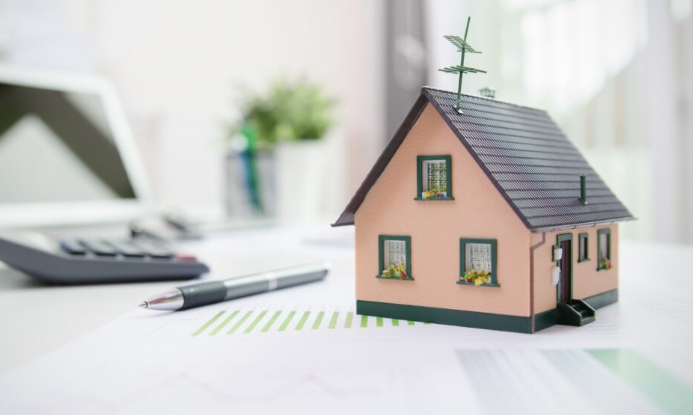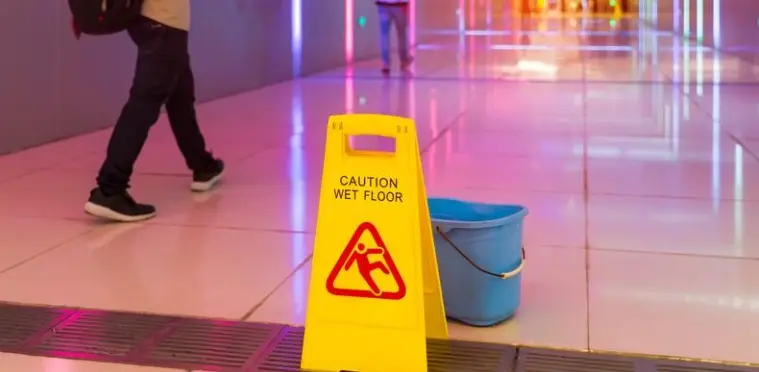
It’s possible to get a mortgage even after bankruptcy. After completing the waiting period, and meeting all other eligibility requirements, standard loan programs will allow bankruptcy-free borrowers to obtain a mortgage after they have completed a waiting time.
You may be considering homeownership after bankruptcy. However, you need to know how bankruptcy will affect your chances of getting a mortgage and what programs are best for you.
BOOK FREE CONSULTATION NOW!
How Long Can I Get an Mortgage After Bankruptcy?
If you are able to afford a large down payment, and the high rates that come with non-qualified mortgages (non QM), then you may be able get a mortgage right away. You’ll have to wait from one to four years to obtain a standard loan, like a conventional mortgage or a FHA, VA, or USDA loan.
The type of bankruptcy you file determines the waiting periods. Lenders most commonly address Chapter 7 and Chapter 13 bankruptcies, even though there are six different types of bankruptcy.
Here Is a Quick Overview of the Waiting Period for Each Type of Loan
Chapter 7 Bankruptcy
Chapter 7, named after Chapter 7 of Bankruptcy Code is the most popular non-business bankruptcy type. A chapter 7 bankruptcy is often chosen by people who do not have the resources to pay back their debts. This gives them a fresh start and a chance to rebuild their finances.
You’ll liquidate many of your assets when you file Chapter 7 bankruptcy and use the proceeds for your creditors. Depending on the laws of your state, you may be able to keep certain assets like cars or basic home furnishings. After a Chapter 7 bankruptcy, mortgage lenders have stricter guidelines to approve loans.
Chapter 13 bankruptcy
Chapter 13 bankruptcy is the second most popular form of bankruptcy. This type of bankruptcy involves a repayment plan that is set up for consumers with a regular source of income who want to repay their debts.
In Chapter 13 bankruptcy, consumers must enter into a three- to five-year repayment plan for their debts instead of liquidating assets. After successfully completing the repayment plan, they discharge the debts. Lenders are more lenient with borrowers who complete Chapter 13 bankruptcy because some debt is actually paid.

How Long Can I Buy a House After Bankruptcy?
If you can afford the agreed-upon price, it’s possible to purchase a house the next day. You can buy a house immediately after a bankruptcy if you have the resources to pay for it.
This is theoretically possible but may not be the most likely scenario. You’ll have to adhere to the waiting period that is appropriate for your bankruptcy and loan type if you are using a mortgage after bankruptcy.
BOOK FREE CONSULTATION NOW!
You May Be Eligible for Mortgage Options if You Have Filed Bankruptcy
Most lenders offer bankruptcy home loans, which are mortgages that they will give to borrowers who have a bankruptcy on their credit report. Be truthful about your bankruptcy and prepare to show all your legal documents. If you are prepared, getting a mortgage following bankruptcy may not be as difficult as it seems.
After bankruptcy, you can still get a mortgage if you meet the requirements and options.
A Conventional Loan
The rules for conventional (non government) mortgages are set by Fannie Mac, the two government sponsored agencies that purchase and guarantee the majority of mortgages in the U.S.
Requirements
- Waiting period of four years after discharge from Chapter 7 bankruptcy or Chapter 13 dismissal
- After discharge from Chapter 13 bankruptcy, there is a two-year waiting period.
- After discharge, a two-year wait period is allowed if there are documented extenuating conditions.
- Minimum credit score 620
- Minimum down payment of 3%
- Re-establishing credit

An FHA Loan
The Federal Housing Administration insures FHA loans, which offer more flexible qualifying criteria for borrowers who have low credit scores or small down payments. The FHA will require that borrowers who have had bankruptcy to prove they’ve been responsible with credit since their bankruptcy.
Requirements
- Standard waiting period of two years
- Waiting period of one year for extenuating circumstance
- Minimum credit score of 580 (500-579 with 10% down payment is allowed)
- Minimum down payment of 3.5% (10% for credit scores between 500 and 579).
- If you are still paying off your mortgage, the bankruptcy court will give permission to apply for an interest-only loan.
BOOK FREE CONSULTATION NOW!
The VA Loan
Veterans, service members and their families could be eligible for loans backed by U.S. Department of Veterans Affairs. VA Loans tend to be more flexible when it comes to credit history. This can help if you are trying to get a VA Home Loan after bankruptcy.
Requirements
- Standard waiting period of two years
- Waiting period of one year for extenuating circumstance
- There is no minimum credit score required (though some lenders do require a score of 620).
- Minimum down payment is not required
What you need to know?
Check with your loan officer if you discharged your VA loan through a Chapter 7 bankruptcy to see if you are eligible for a loan that requires no down payment. When a previous mortgage was in foreclosure, you may have to pay a downpayment if your VA entitlement was affected.
A USDA Loan
USDA Loans are guaranteed by the U.S. Department of Agriculture for homebuyers in rural areas. The income of a borrower cannot exceed 115% the median income in the area. The 30-year term of mortgages fixed rate only.
Requirements
- Three-year waiting period standard
- With proof of extenuating circumstance, a two-year waiting period is possible.
- There is no minimum credit score required (although many lenders do require a score of 640).
- Minimum down payment is not required
- Limits on income and rural location
Non-QM Loan
Non-QM loans are home loans that do not meet the federal guidelines of a qualified mortgage. These mortgages can have risky features such as interest only payments, balloon payments or loan terms exceeding 30 years.
Non-QM loan tend to be expensive and borrowers are often concerned about the risk. Non-QM loans do not have any standard requirements, but the borrower must follow their lender’s guidelines.
Requirements
- Some cases do not require a waiting period
- Lenders have different requirements for credit score and downpayment

How to Get a Mortgage Following Bankruptcy?
Collect Your Bankruptcy Paperwork
To determine the number of years since your bankruptcy, most lenders will require you to provide proof that your bankruptcy has been completed.
Be Ready to Clean up the Credit Report
You may have to present all your schedules if your credit report shows that you still owe money on accounts that were discharged. You should still limit your credit usage after bankruptcy. However, you will also need to demonstrate to the lender that you have been able manage your finances successfully since the discharge. You can demonstrate that you are able to manage credit by opening small secured cards, and paying them back.
Determine Your Discharge or Dismissal Date
The most important date for obtaining a mortgage following bankruptcy is the discharge or dismissal. This is the date that your bankruptcy was “officially” completed. It starts the calculation of the waiting period.
Select the Program for Which You Are Eligible
Match your credit score with the appropriate loan program. If your credit score is only 600, and you haven’t filed a Chapter 7 bankruptcy in two years, then an FHA loan may be the best option for you (unless your income is too high for a USDA or VA loan, or if you don’t qualify for either).
Shop Lenders
Some mortgage companies have extra guidelines for borrowers who have a bankruptcy on their credit report. It may be necessary to search for a loan officer who has experience in originating bankruptcy-related home loans.
Show Proof That You Are Prepared to Repay Your Mortgage
Prepare explanation letters and explain to an underwriter why you are ready for a mortgage following a bankruptcy. Lenders might need additional assurance that your bankruptcy will not repeat itself and that you won’t default on your mortgage.

Having Trouble with Bankruptcy?
Contact Tenina Law today to schedule a consultation. Our experienced attorneys are here to help you understand your options and guide you through this complex process.






